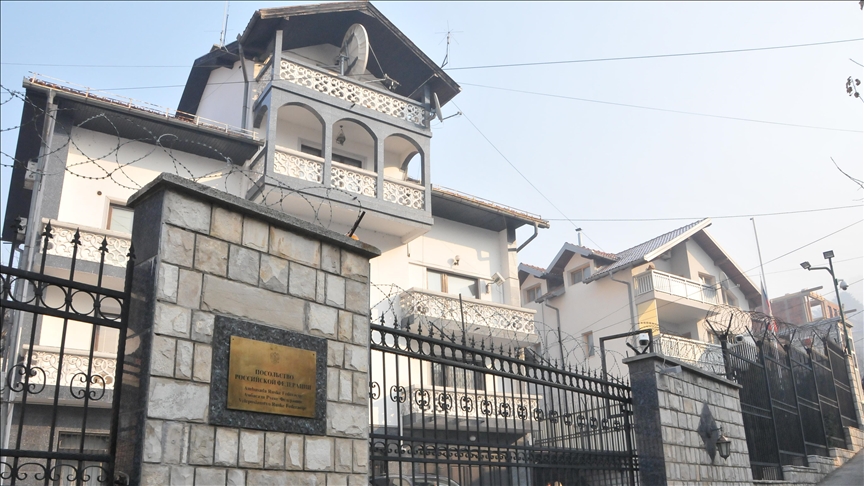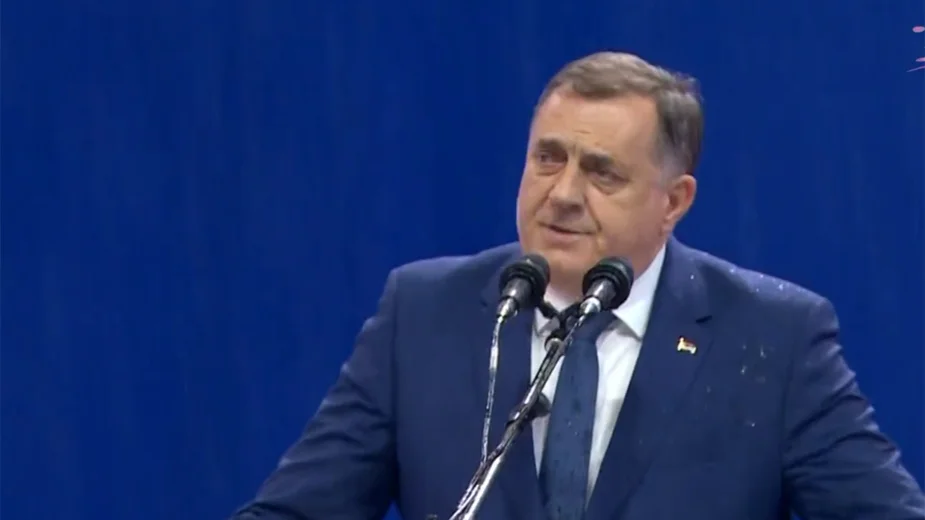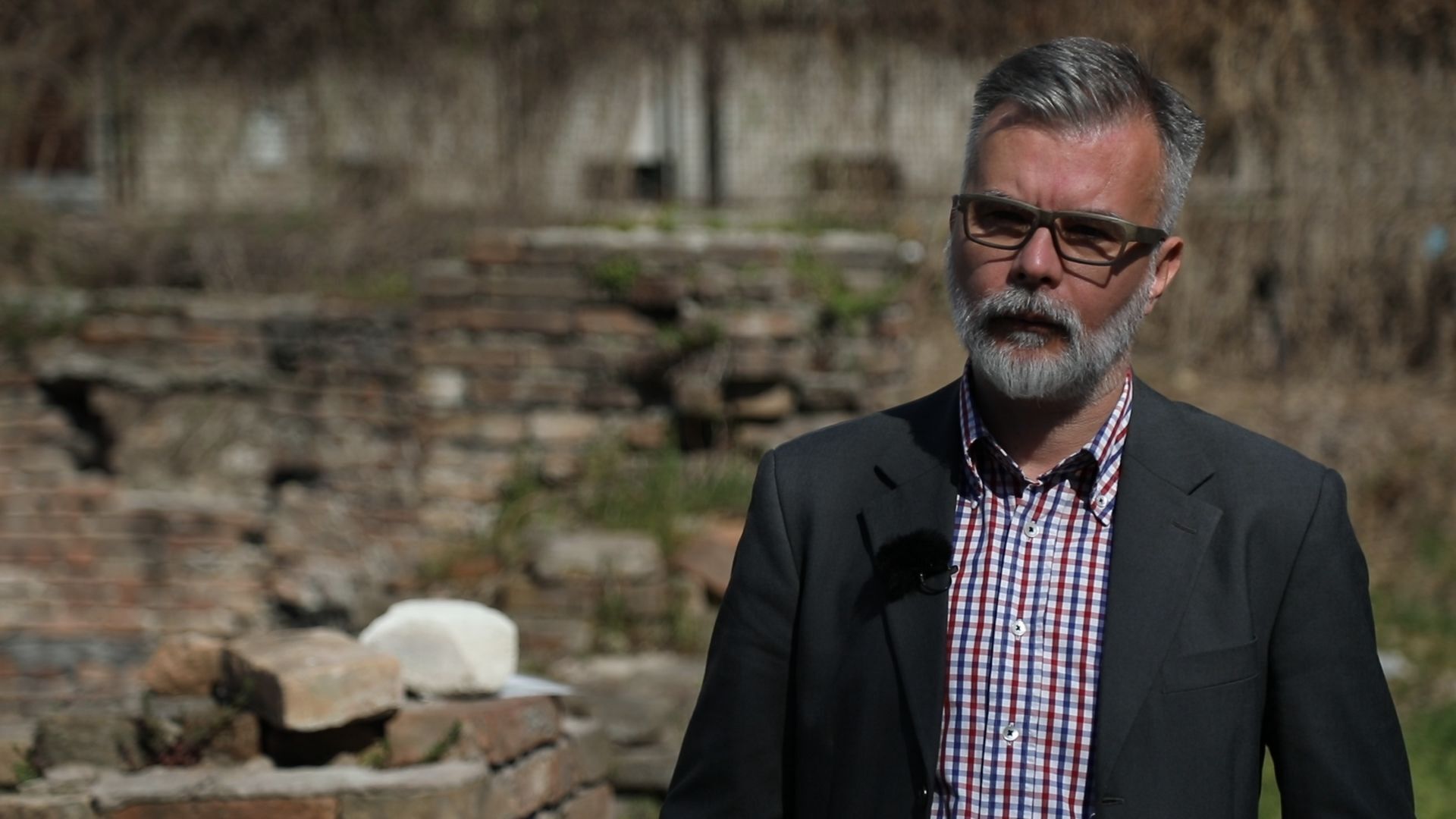“The Constitutional Court of BiH is one of the levers for centralizing the country in an unconstitutional manner, which is why Bosniak politicians are reluctant to relinquish foreign judges and high representatives,” said Serbian member of the BiH Presidency, Željka Cvijanović, during her appearance on Radio Republika Srpska.
Cvijanović emphasized that the Constitutional Court of BiH, in practice, has shown itself not to protect the Constitution and its provisions but rather to create new constitutional solutions.
“This court circumvents regular procedures required for constitutional changes, for which there is no consensus,” she stated.
Highlighting the situation, Cvijanović stressed that officials from Republika Srpska and its representatives in Bosnia’s joint institutions must safeguard the constitutional capacity of both Republika Srpska and Bosnia and Herzegovina.
“The Constitutional Court of BiH is one of the levers for centralization in an unconstitutional manner, and hence, Bosniak politicians are unwilling to give up foreign judges and high representatives. They are not willing to renounce foreign judges, as they serve as levers for centralization rather than preserving Bosnia and Herzegovina’s decentralized structure. They also do not want to renounce the high representatives,” she expressed.
Discussing Kristian Schmidt’s announcement about imposing technical changes to the BiH Election Law if the Parliamentary Assembly of BiH fails to adopt it, Cvijanović noted that it’s not normal for someone to impose solutions; instead, agreements should be the outcome of domestic institutions.
“We have been dealing with election laws for years, and imposition is unacceptable because it’s not normal in a democracy. It should be a matter of political agreement, yet Schmidt threatens to impose it. This relates to a part they labeled the integrity package, connected to the Election Law, where, once again, certain issues delegated by serious political players are not being addressed, such as what HDZ requested,” Cvijanović pointed out.
Regarding the potential imposition of decisions on so-called state property, Cvijanović highlighted that such a decision would degrade Bosnia and Herzegovina, its institutions, and European integration.
She reminded us that, according to the Constitution, property is not listed as a competency of BiH but belongs to the entities with their constitutional rights.
“To exercise your constitutional rights, you must have your functions in hand, and those functions include property management,” Cvijanović concluded.
Discussing the legal process against the President of Republika Srpska, Milorad Dodik, and the Acting Director of the Official Gazette, Miloš Lukić, at the BiH Court, Cvijanović assessed it as a political process that would further divide relations in Bosnia and Herzegovina.”
Source: RTRS









